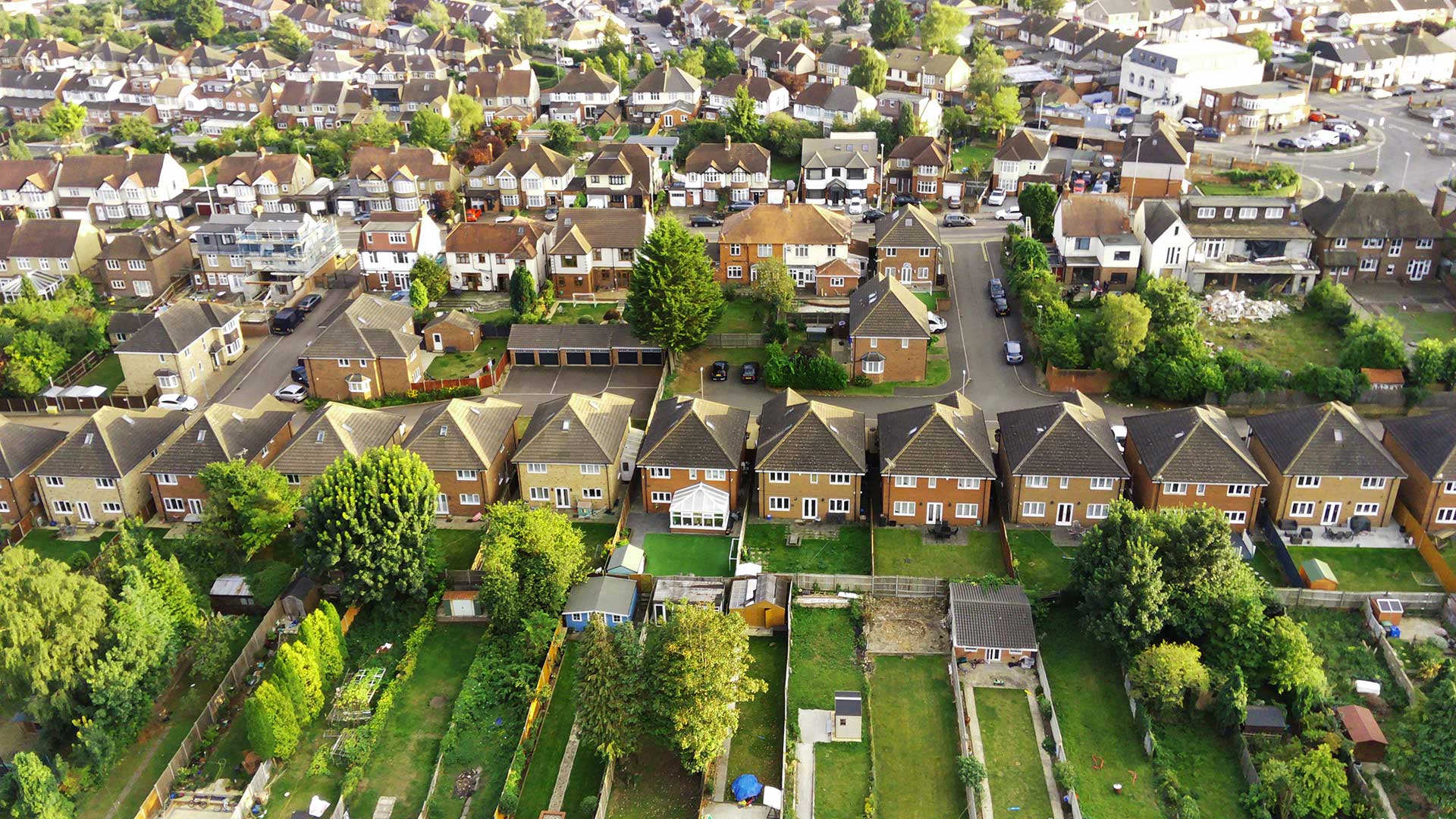Public concern for economy remains at highest level since 2011
The Britain Barometer is our regular polling of public opinion in Britain. We cover a range of topics including political views and voting intentions, the economy, government policies and emerging issues important to the British public.

Our monthly barometer on British public opinion and voting intentions, which reveals worsening public perceptions of the government’s handling of the coronavirus outbreak, continued pessimism over the health of Britain’s economy now and in the future and a public increasingly likely to use a contact-tracing app.
Findings from Kantar’s research which took place between 7 and 11 of May 2020 reveal:
- Public confidence in the economy has dropped even further, to the lowest level since measurement began in August 2011, with almost seven in ten (69%) stating that Britain’s economy is doing worse than 12 months ago, compared to 65% in April
- Four in ten (38%) report that coronavirus has reduced their personal income
- Public perception of how the UK government is handling the crisis is worsening, with four in ten people (43%) stating that they think the government is handling the coronavirus outbreak very or fairly poorly, compared to 30% in April. Half of people (49%) think that the government are handling it very or fairly well, compared to 61% of people in April who said the same
- The public are also more likely to say they would be very / fairly likely to use the planned NHS contact-tracing app (59% in May, compared to 53% in April)
More detailed analysis on themes
1. Economic impacts and expectation
Overall, personal experience and expectations for the economy remain in line with April with numbers feeling insecure about their job remaining at or close to record-high:
-
- Job insecurity remains high; four in ten (40%) believe their job is less safe than it was 12 months ago. This is the second highest recorded figure since our measurement began in August 2011 (and compares to 44% in April)
- 38% report that coronavirus has reduced their personal income. Only 8% of these individuals expect their income to return to normal immediately once lockdown is over. 29% think it will return to normal within a few months, 41% think their income will return to normal but it will take more than a few months, and 15% expect their personal income to be permanently reduced
- The public continue to expect coronavirus to have a long-term impact, with almost half of people (48%) stating that they think the economy will be worse in 12 months, compared to 50% of people last month
- Three in ten (29%, -4 vs April 2020) agree that their household is likely to require financial support from the government within the next three months
- Three in ten (30%, -2 vs April) said they are finding it harder to meet their monthly household budget than they were 12 months ago
2. Perceptions of actions and interventions
- Three in ten say they would be fairly / very unlikely to use the planned NHS contact tracing app – 28% in May compared to 32% April
- Among those that say they are unlikely to download the contact tracing app, the main reasons are: concerns about privacy (46%), not wanting the government to track their location (27%) and not thinking the app will help to slow the spread of coronavirus (26%)
- Expectations of government intervention in the economy remain high, with more than three quarters of people agreeing (77% agree or strongly agree) that “it’s important the government helps people and businesses affected by coronavirus, whatever the cost”. However, this is 7 percentage points lower than in April
3. Voting intentions
- Conservative 51% (-3 vs April 2020)
- Labour 32% (+4)
- Liberal Democrats 7% (-2)
- SNP 5% (+1)
- Green 2% (-2)
- The Brexit Party 2% (+1)
- Plaid Cymru 1% (nc)
- UKIP <1% (nc)
- Other 1% (+1)
Commenting on the findings, UK CEO of Kantar’s Public division, Craig Watkins said: “The impact of coronavirus continues to worry British households – seen in our research through high levels of concern for the national economy and public worries about their job security. We continue to see high levels of support for government intervention to control the outbreak and deal with its impacts, with an increasing number of people saying they would be likely to use a contact tracing app, and strong agreement that the government should help people and businesses, no matter the cost."
Understanding the levels of support and the impacts continues to be crucial for government policy to be able to respond effectively. Kantar’s Social Response and Recovery programmes support policymakers to respond to these complex challenges and develop policy for a resilient recovery. In the UK for example, Inside Lives, our longitudinal qualitative study, provides insight into public experience, feelings and beliefs during this time using video diaries and discussions.
4. Notes to editors
Additional findings and methodology:
19% (+2) of Britons think that leaving the European Union will make it easier for the UK government to handle outbreaks like coronavirus in the future. 23% (-4) think it will be more difficult. Majority of Britons don’t think that the UK leaving the EU will make it easier or more difficult for the UK government to handle outbreaks like coronavirus in the future (40%, -1).
Public view on negotiations with the European Union
Three in ten Britons (31%, -2) think that the UK government is handling the negotiations regarding the UK and EU’s future ‘well’; 38% (+4) of people think they are being handled ‘poorly’.
If a new referendum was held on the UK’s membership of the European Union, 40% (+3) of Britons say they would vote to Remain, 32% (-4) say they would vote to Leave. 17% (-1) say they wouldn’t vote and 10% (+1) ‘don’t know’.
5. Methodological information
A total of 1,130 interviews were conducted online among adults living in Great Britain between 7 and 11 May 2020. Interviews were conducted using the Kantar Research Express Online Omnibus, which uses the Kantar online access panel as its sample source.
The data was weighted to match population totals for age, gender, working status, 2019 General Election voting patterns, 2016 EU referendum voting patterns, education, region, and likelihood to vote in the next General Election.
Any use of this research must cite Kantar as the source.
This Britain Barometer was issued under Verian's former global brand name: Kantar Public.
Related insights
03 Oct 2024
Our latest thinking
Subscribe to receive regular updates on our latest thinking and research across the public policy agenda
Our latest thinking
Subscribe to receive regular updates on our latest thinking and research from across the public policy agenda








